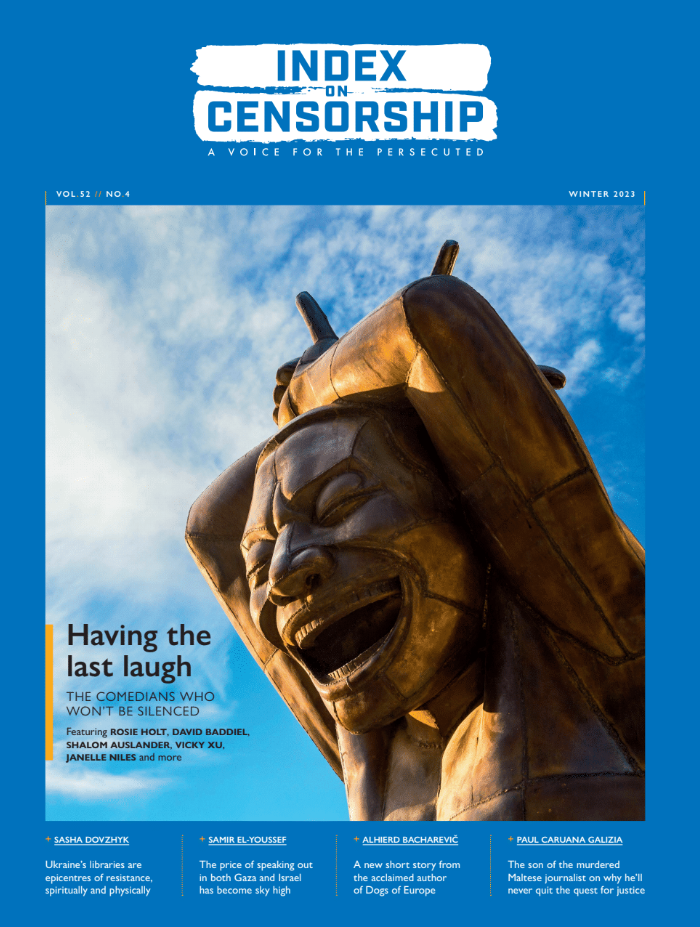One of Brazil’s largest daily newspapers claims that it has now faced censorship for 1,200 days, due to a court ruling prohibiting it from publishing news about a police operation that could incriminate a media tycoon — who is also the son of a former President of the country.
In 2009, daily newspaper O Estado de. S.Paulo had access to information and tape recordings related to a Federal Police investigation the previous year in the northeastern state of Maranhão, one of Brazil’s poorest areas. The newspaper alleged that business people from the region were involved in various crimes, including money laundering, tax evasion, and corruption. One of the individuals investigated was Fernando Sarney, who was head of a media conglomerate at the time, as well as the son of former President José Sarney — one of Brazil’s most influential politicians, who currently serves as president of Brazil’s Senate.
Fernando Sarney was indicted by federal police on 15 July 2009, and accused of favouring private businesses in contracts firmed with state companies. He was accused of being behind the scheme, but he denies all allegations. On 31 July 2009, a Federal District judge forbid Estado from publishing any more news about the police operation, because of a lawsuit filed by Sarney against the newspaper. His lawyers claimed that Estado committed a crime and damaged Sarney’s family reputation by publishing their taped conversations, even if they were made with the consent of the Judiciary.
The ruling drew harsh criticism from other newspapers and media-related organisations including Associação Brasileira de Imprensa (Brazilian Press Association), with most of them claiming that the ruling violated Brazil’s constitution.
At the same time, Sarney issued a statement where he claimed that publishing news about an ongoing police investigation was an “injustice” and “a violent act” against him and his family. He also denied that the press was censored, and claimed to be defending his rights as guaranteed by the constitution.
In December 2009, Sarney said he would drop the lawsuit. However, the newspaper decided not to accept desistance, and requested that Sarney also relinquished his right to represent the complaint — meaning that the lawsuit would go on even without him as the suing party. Estado also expressed its preference to have the case judged by the Supreme Court, in order to generate a legal precedent that would apply to all similar cases in the future. However, the case was sent back to the Federal District state court, which has yet to set a date for the trial. Since a final verdict has yet to be reached in the suit, Estado is barred to this day from publishing any news about the police investigation in Maranhão, or its consequences.
Roberto Gazzi, the newspaper’s director of Editorial Development says that this is a clear-cut case of censorship.
The information published by the newspaper at the time — and that have been prevented to be published ever since — were not of a private sort. These were facts involving public money and public agents, inside the limits of which we consider to be the right of the free press to publish, standing for society’s interest.
Estado had its 138th anniversary on 4 January last year, and has an average daily circulation of 260,000.
Sarney could not be reached for comment, and his lawyers had no comment on the case.
Rafael Spuldar is a journalist based in São Paulo





